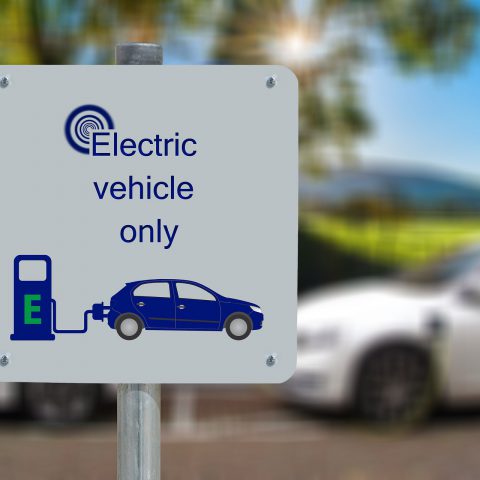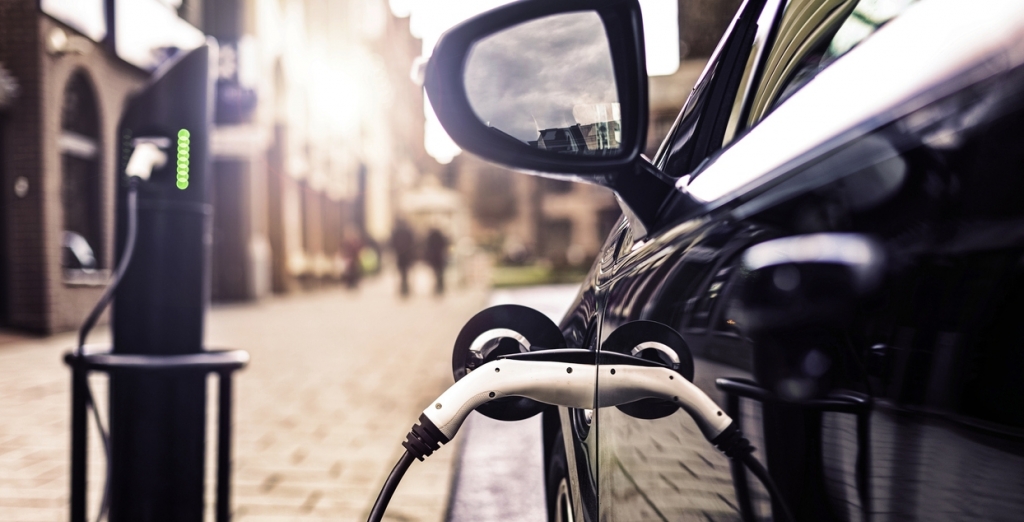The impact of electrification on CO2 emissions: a research by Geotab
Geotab, a company operating in the field of IoT, connected and electric vehicles (here’s a previous post about a solution to measure battery degradation), conducted a research with the aim of measuring the impact of electrification on CO2 emissions. According to this analysis, 8 percent of fossil fuel vehicles in the world could already be […]

Geotab, a company operating in the field of IoT, connected and electric vehicles (here’s a previous post about a solution to measure battery degradation), conducted a research with the aim of measuring the impact of electrification on CO2 emissions. According to this analysis, 8 percent of fossil fuel vehicles in the world could already be replaced, with significant reductions in carbon dioxide.
A long-term fleet electrification strategy and the use of new generation batteries are therefore considered essential to meet the decarbonisation targets in transport, i.e. an 85 percent reduction in CO2 emissions in the European Union compared to 2014 levels by 2050.

The main evidence of the analysis on the electrification of CO2 emissions
By processing Big Data over a period of 18 months, the Geotab data scientists team studied their data globally and calculated the daily mileage travelled by each car, comparing the figure with the specifications of current electric vehicle models available worldwide. Calculating, for the vehicles to be replaced with electric solutions, a life span of 200,000 km or 7 years, switching to an electric vehicle would result in savings of between 9,000 and 18,000 euro per vehicle.

The effects on CO2 reduction
Moreover, considering that the combustion of one litre of petrol produces about 2.3 kg of CO2, the study then hypothesized the impact in terms of CO2 reduction that could be achieved with electrification in each country examined: if this were put into practice in Italy, for example, it would cut on average almost 40 tonnes of CO2 per vehicle replaced.
Even more important could be the results of such an approach in Canada and the United States, where more than 50 tons of carbon dioxide per vehicle would be reduced with the transition to electricity.











